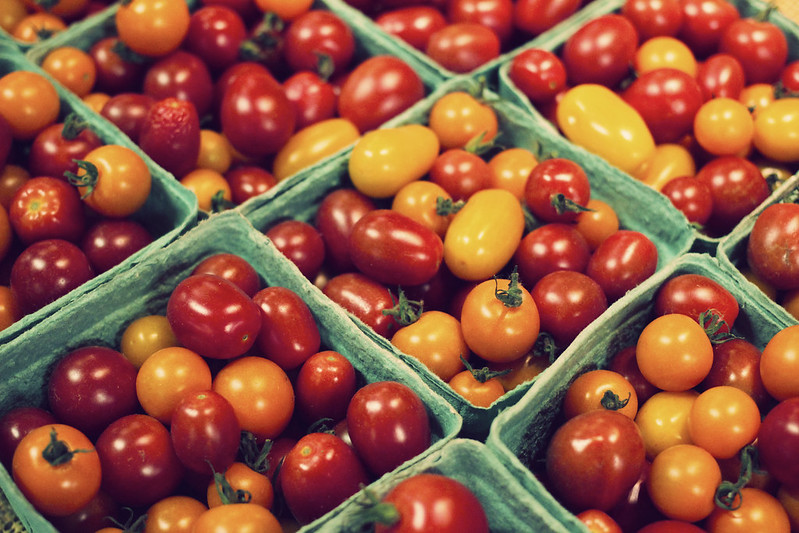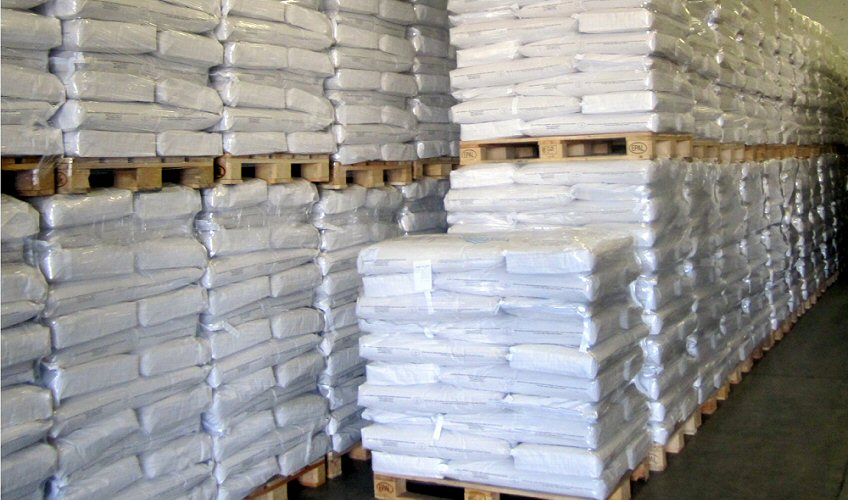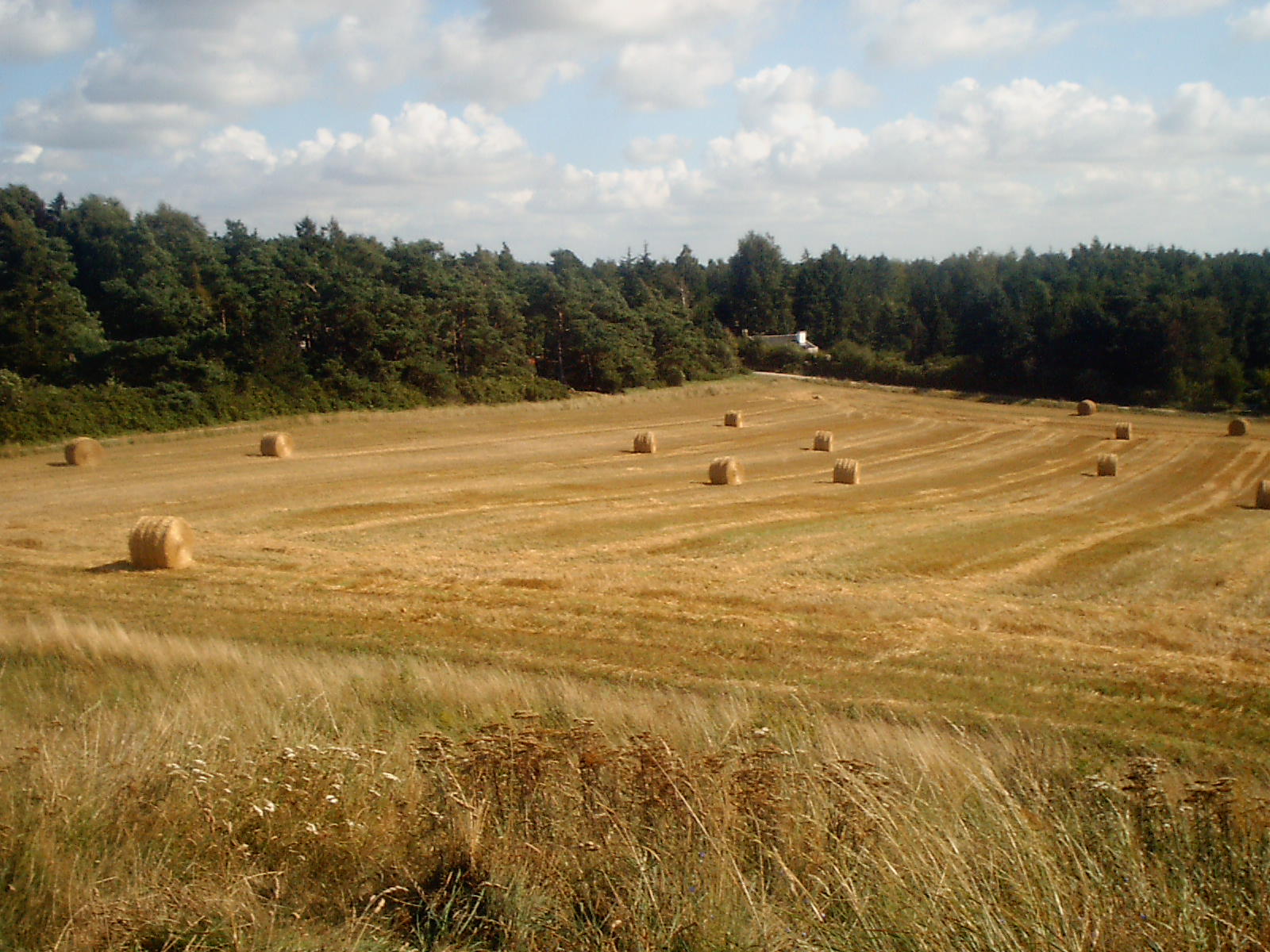The WTO General Council recently decided that the next WTO Ministerial Council meeting would be held in November this year in Geneva, rather than in June in Kazakhstan as had been planned. Although normally WTO Ministerial Conferences are held every two years, MC12, as it is called, will be the first Ministerial Cfonference since MC11 in Buenos Aires in December 2017.
That Conference was notable for its failure, for the first time, to agree a ministerial declaration affirming the continued importance of the WTO to the global trading system. Specifically, on agriculture, there were no agreed outcomes and no agreed work programme for the future.… Read the rest









